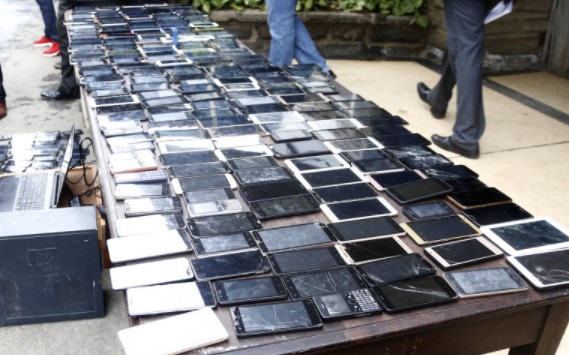×
The Standard e-Paper
Join Thousands Daily

The Communications Authority of Kenya (CA) is in yet another attempt to switch off stolen and counterfeit mobile phones.
The ICT industry regulator said it will develop a database for all mobile devices in the country, which will separate the legit from illegal devices, with the latter being denied service by mobile network operators (MNOs).